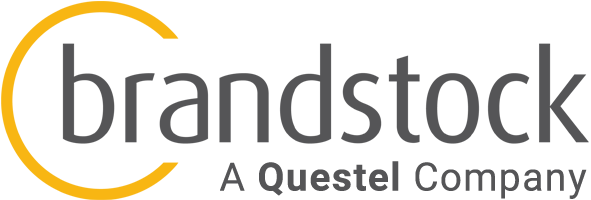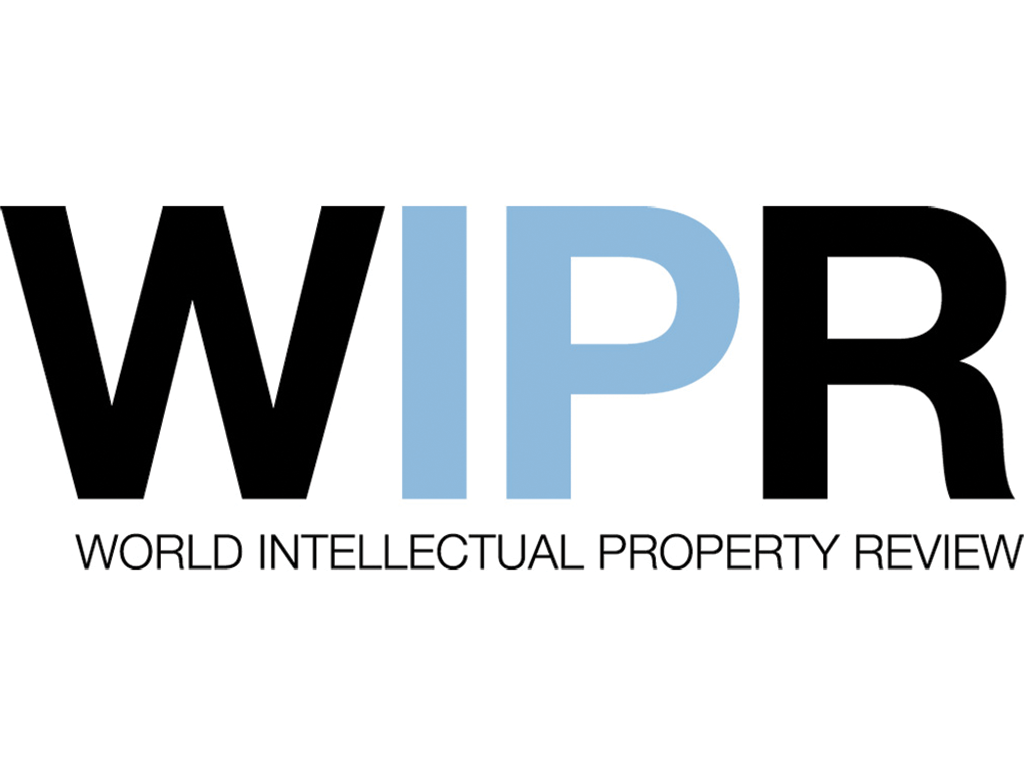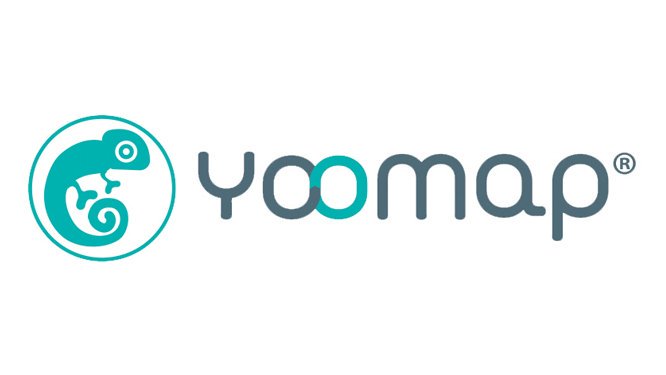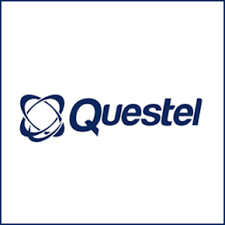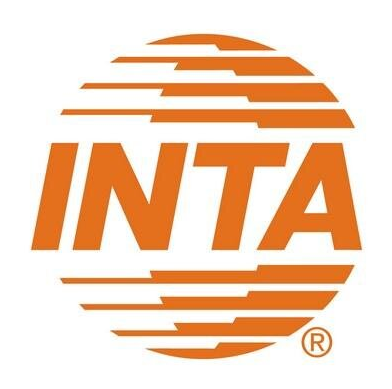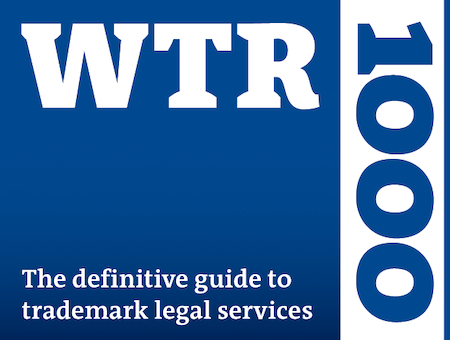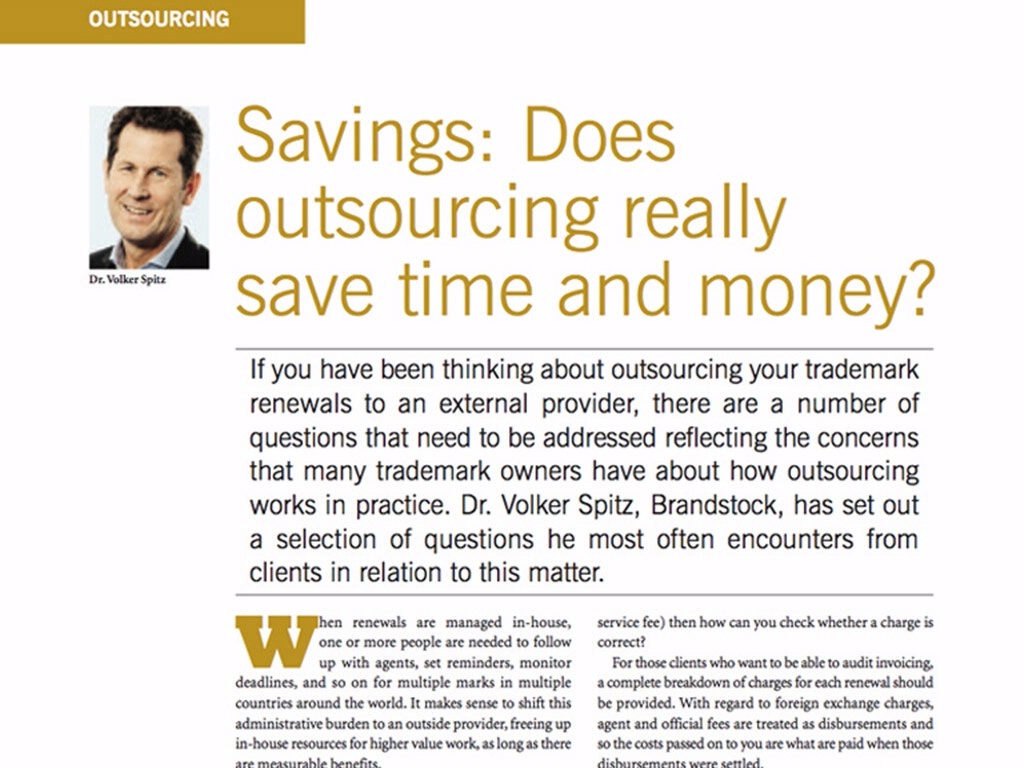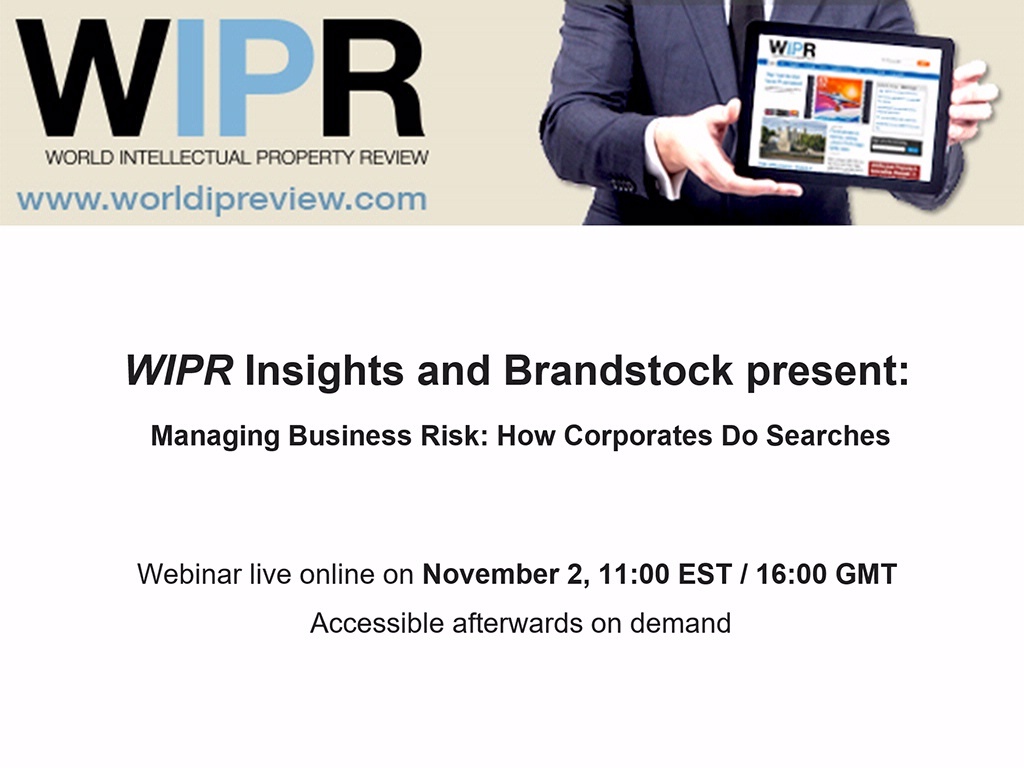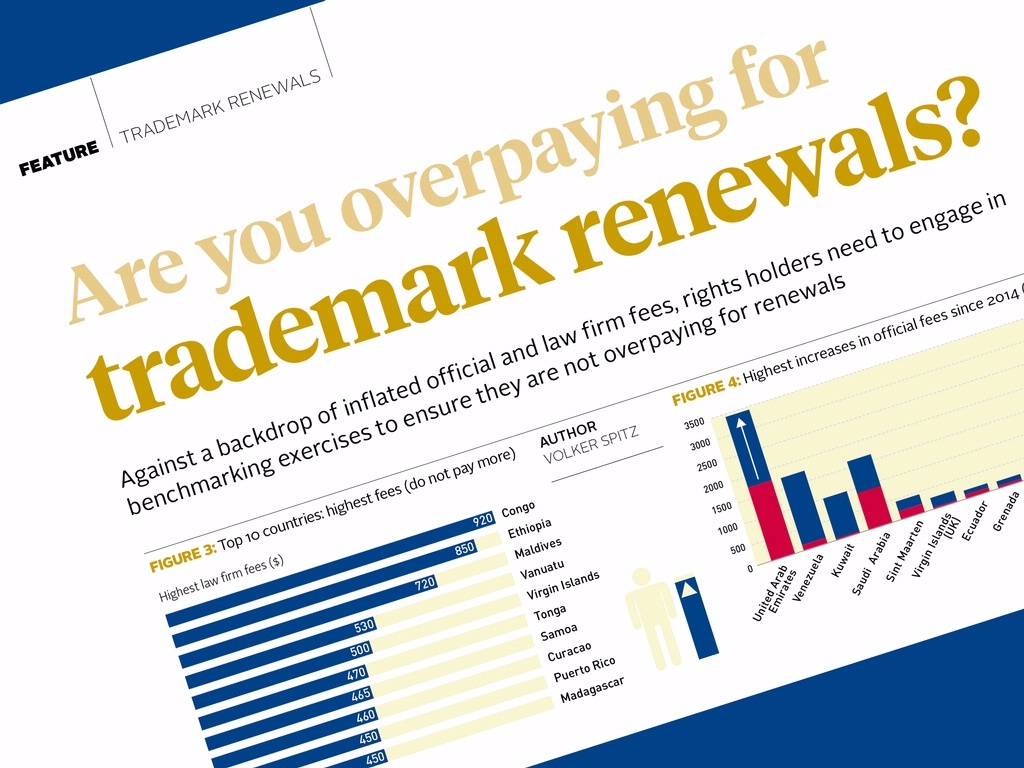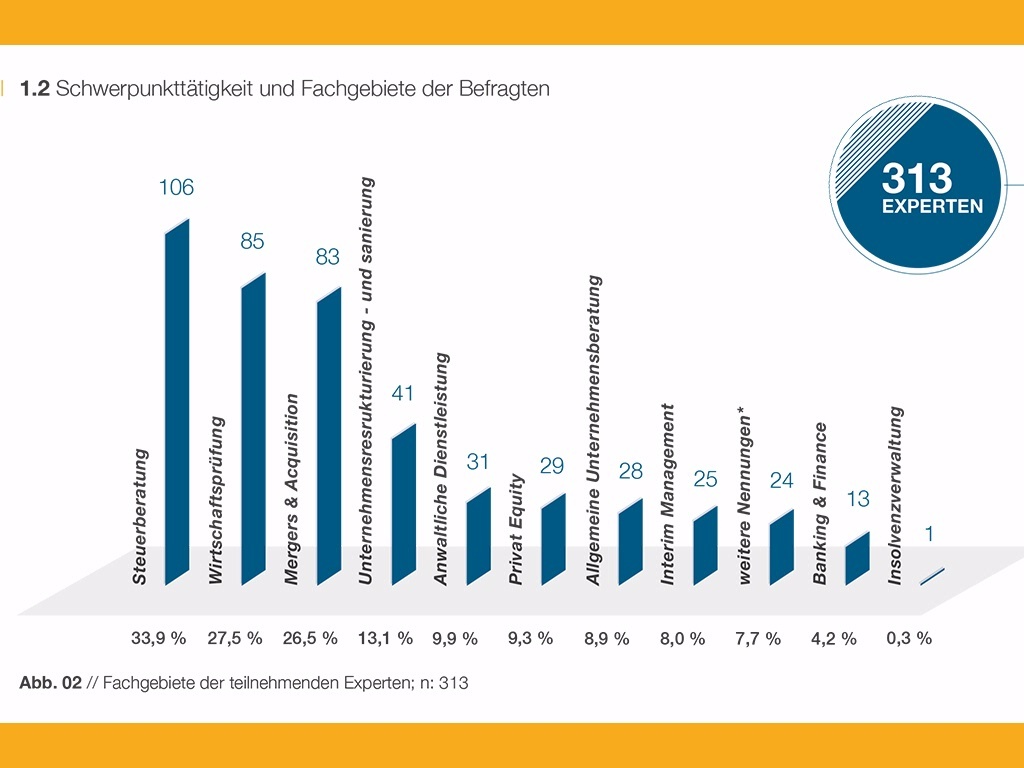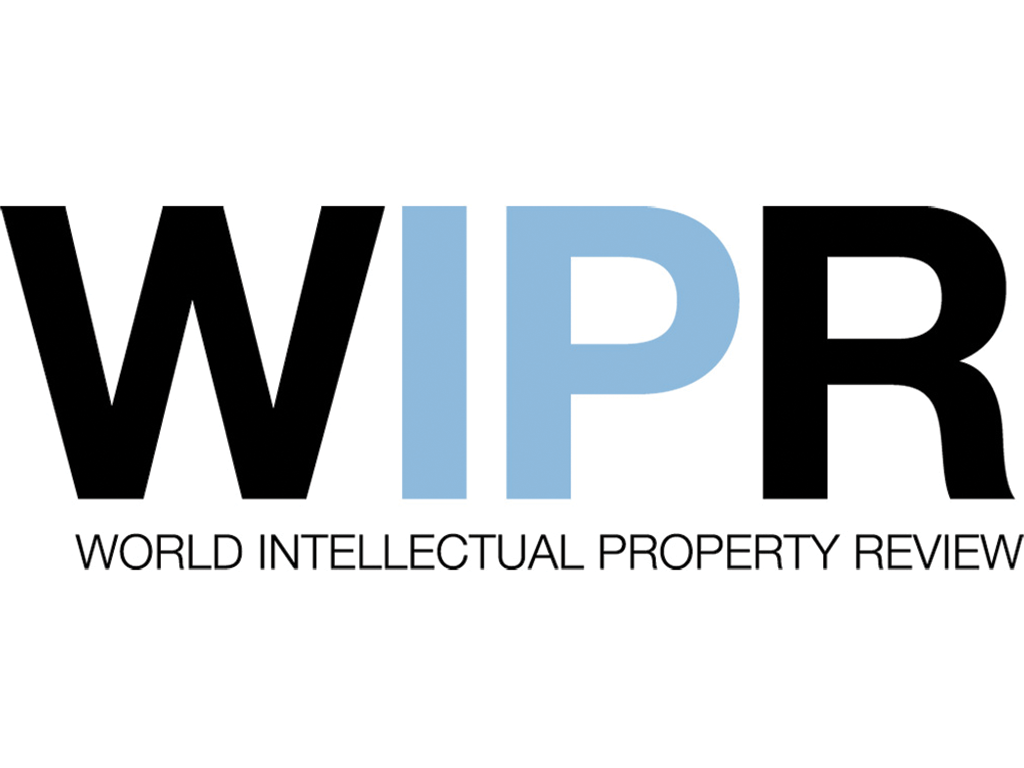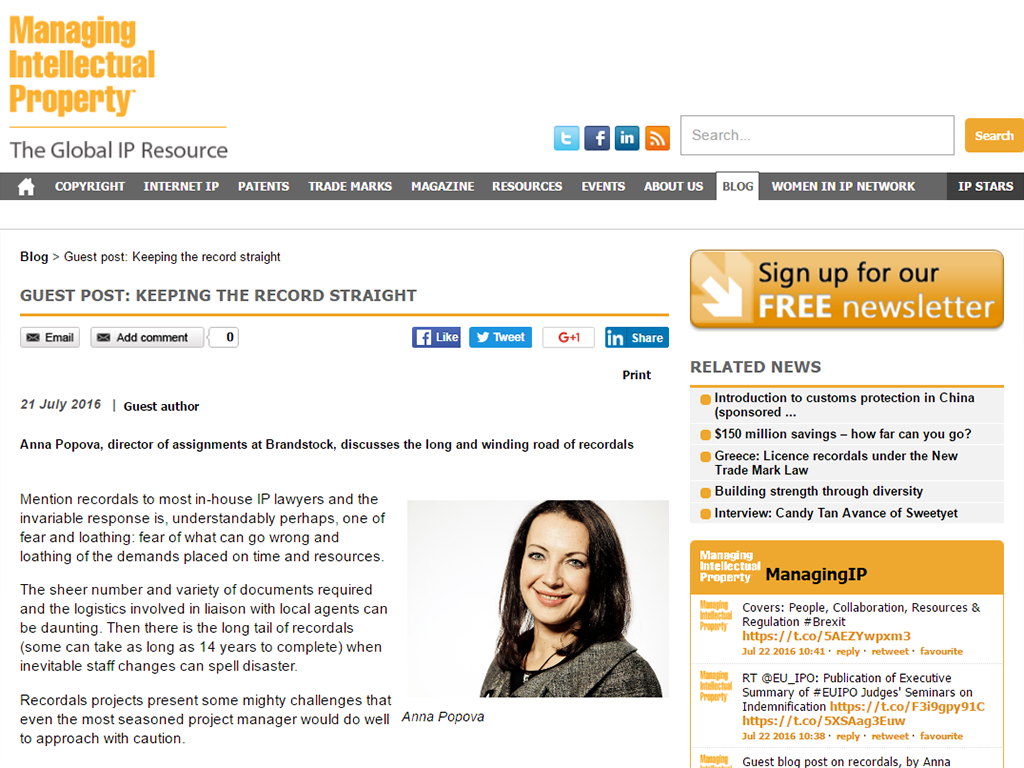by Volker Spitz, CEO, Brandstock
While trademark lawyers rarely share the same opinion, all would agree that to launch a new product or service without first investigating prior rights is to risk not only commercial disaster but also professional embarrassment.
Before the advent of the internet, searching to ensure the availability of a new name and freedom to operate was a time-consuming and costly process. Companies had to rely on outside search firms that could do little more than carry out the most basic alphabetical, manual searches of bound volumes listing registered and pending trademarks. Searching and clearing new names without sufficient information on status or similarity and the lack of information on unregistered trademark rights was more like gambling than managing risk.
Different approaches
The main purpose of a pre-screening search is to rule out names which are obviously unavailable; it does not provide a definite opinion on the registrability of the remaining candidates or freedom to operate. It identifies obvious conflicts at an early stage and provides a clear ‘no’ to proposed names, but never a clear ‘yes’.
The more comprehensive and costly full availability search is generally conducted in each jurisdiction of interest by local counsel with expertise in national rules, regulations and case law. These local experts identify similar prior trademarks, providing formal advice on registrability on absolute grounds as well as relative grounds for refusal.
Despite being comprehensive in terms of legally evaluating registrability, an in-house team is left to consolidate all the individual country reports as well as conduct further investigations in order to have a complete understanding of the business and legal risks of using a specific name. Additional checks are needed in order to understand whether, how and by whom prior and potentially conflicting marks have been used in order to fully assess the associated business risks.
Nestlé is the largest food and beverage company in the world, with more than 340,000 employees in 197 countries and a portfolio of more than 92,000 trademarks.
In 2012, Cédric Freymond, senior legal IP counsel at Nestlé, saw an opportunity to reconsider its current approach to search and clearance. In addition to being expensive, traditional search reports never fully addressed the availability of a name for use, including the potential legal risks linked to that specific use, thereby preventing a comprehensive legal and commercial risk assessment. He concluded that new business pressures demanded a new approach to searching.
Freymond gave the challenge to another counsel, Alessia Lorenzini, who seized the opportunity to create something innovative. Lorenzini’s first task was to establish precisely what was needed to completely encompass the risks involved, and so define ‘business risk’ and what it means in today’s market. She quickly realised that by combining a traditional pre-screening search with data obtained via internet searches and use of specific database services, it would be possible to compile the results of legal and business risk analysis into a single report with a single overall opinion.
The report includes the relevant search results along with indicators that highlight risks, opportunities and recommendations to overcome obstacles. All prior rights are included by mark rather than jurisdiction, which is a departure from traditional searching methods.
Diving deep
Inspired by the Nestlé model, Brandstock has developed what we call ‘Deep Screening’. The name reflects the fact that this search offers the speed of pre-screening with a depth of commercial analysis that produces meaningful insight into business risk.
Deep Screening brings together legal and commercial analysis, providing rapid profiling of business risk that enables better decision-making and reduces costs. Clients can now make decisions based on a combination of both business and legal information that is up-to-date, transparent, consistent and complete. This new approach, which we believe has taken search to a completely new level of sophistication and relevance, is made possible only by working closely with each client and using the best suppliers.
As Lorenzini said last February: “Each search strategy needs to be tailored to fit the situation and requires making choices about the ‘what, when, where and how’. Advising clients of the real-world risks in adopting a mark involves a multi-stage process including a legal analysis, some detective work, intuition, judgement and a very good sense of how trademark disputes play out in a particular market.”
A Deep Screening search begins with identifying identical marks as well as marks that are visually, phonetically or semantically similar; linguistic and case law research is also undertaken. The second stage involves extensive internet searches to detect instances of use that might have an impact on freedom to operate in countries where such use could give rise to conflict. Once a potential conflict has been identified, the focus is on the specific business and information that will help to evaluate the likelihood of that business taking action.
Following expert review and ranking of the risk of each mark, the full search results and derivative reports are then available through Brandstock’s BrandSeCo online platform, giving clients the ability to take further action as required through the platform interface.
Using Deep Screening has the benefit of reducing spend of full availability searching as the number of cases requiring such analysis is significantly reduced. The results derived from Deep Screening make it possible to focus attention only on those cases where full availability search adds real value and is therefore needed.
The goals for companies such as Nestlé are gaining transparency, clarity and insight into relevant legal risks. Consistency of approach, time and cost savings, as well as customised and business-oriented reporting, are also priorities. Achieving the best outcomes requires a constant collaboration between marketing and legal functions in order to gain a better feel for marketplace behaviour. This cooperation can be improved through specific training by Brandstock on how to create a brand name in order to provide a better understanding of how to build a strong brand while being ‘on the safe side’ from a legal point of view.
Ultimately, the centralisation of creating names and consolidating searching and clearing processes delivers added value. Such a holistic approach ensures that companies such as Nestlé can meet today’s business demands faster and more efficiently.

Learn more about Deep Screening.
